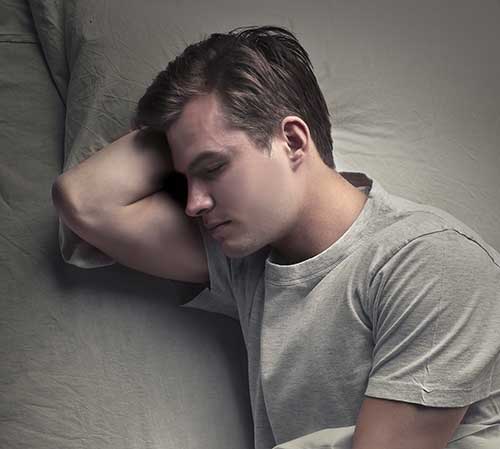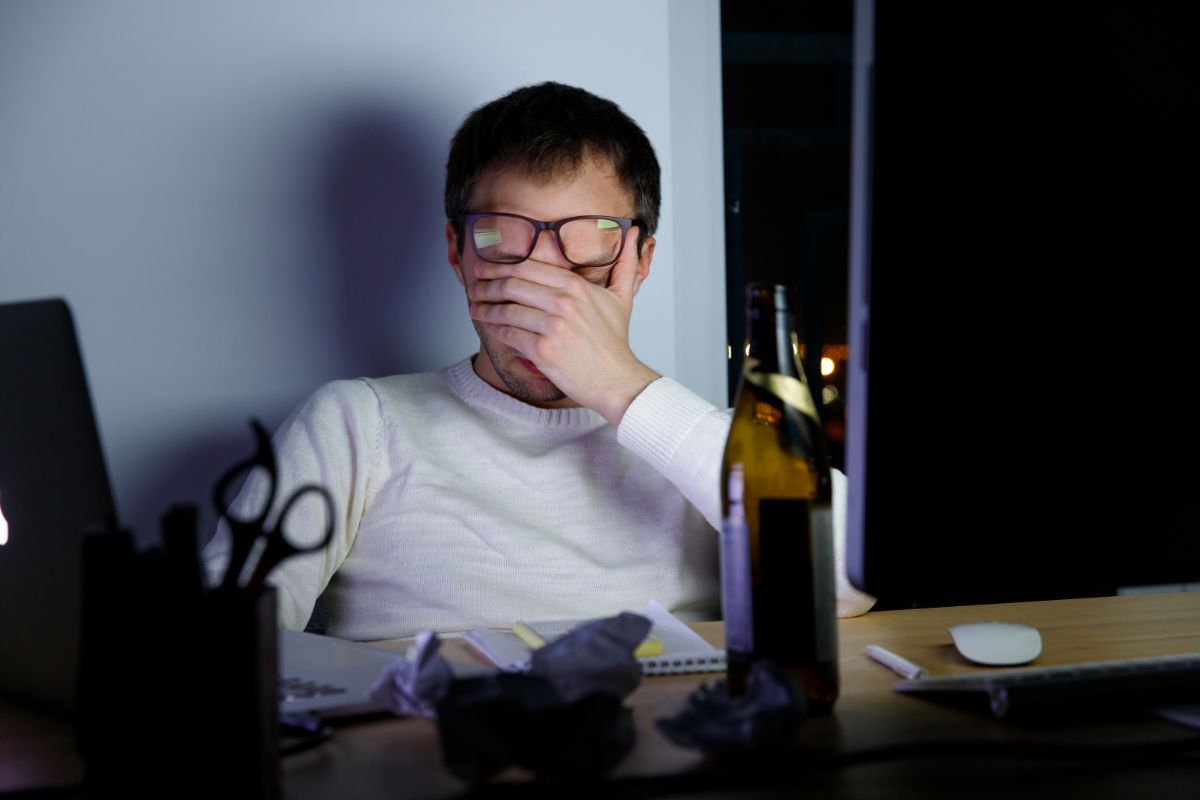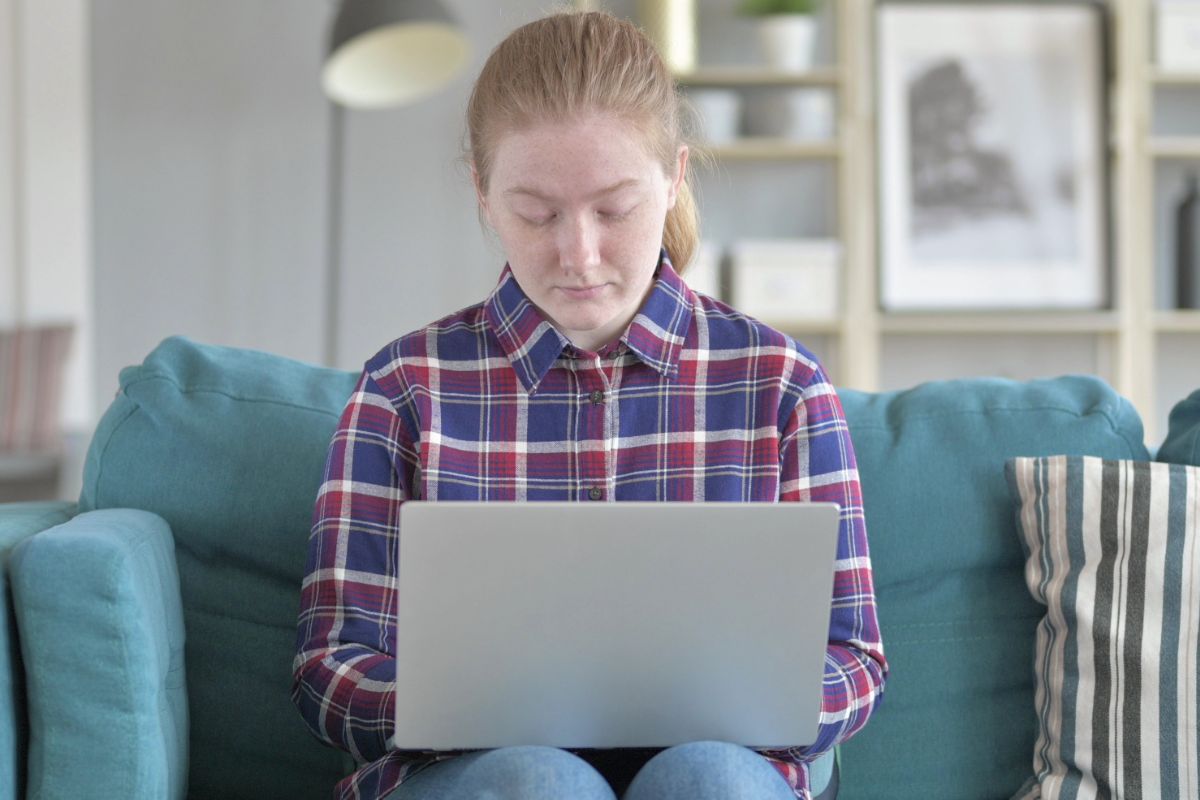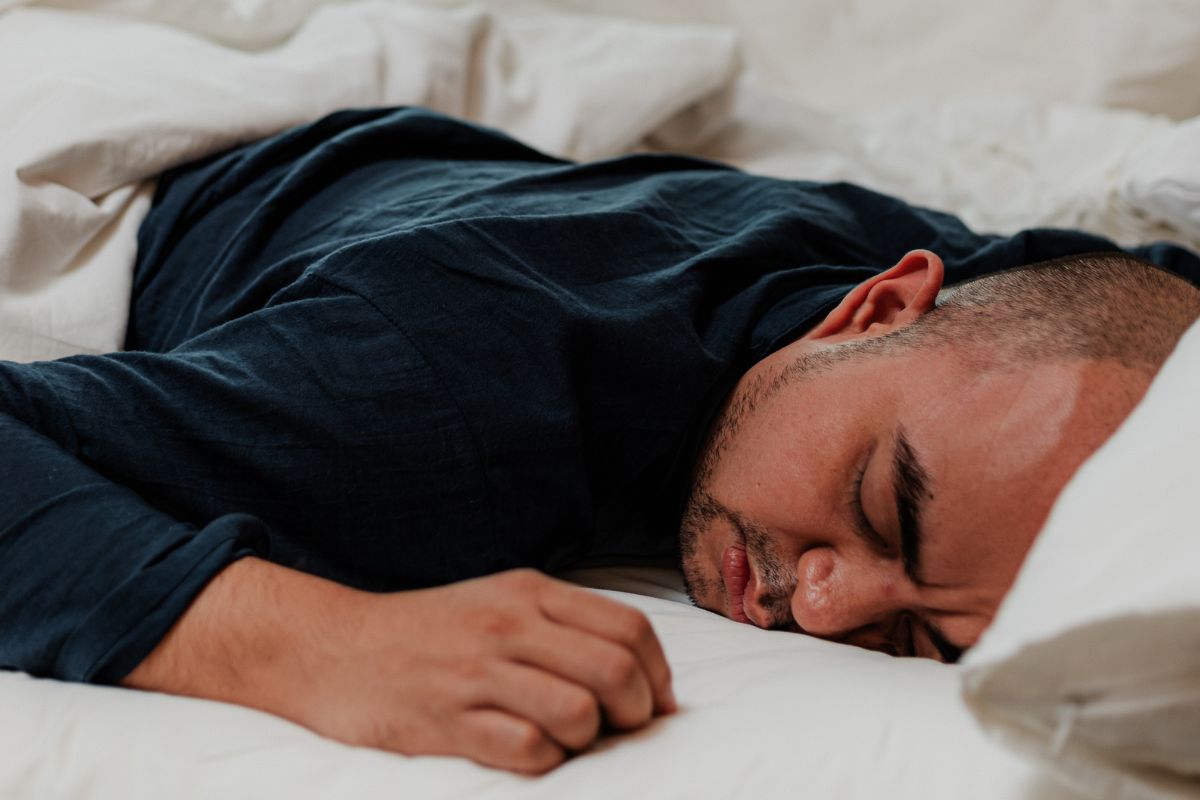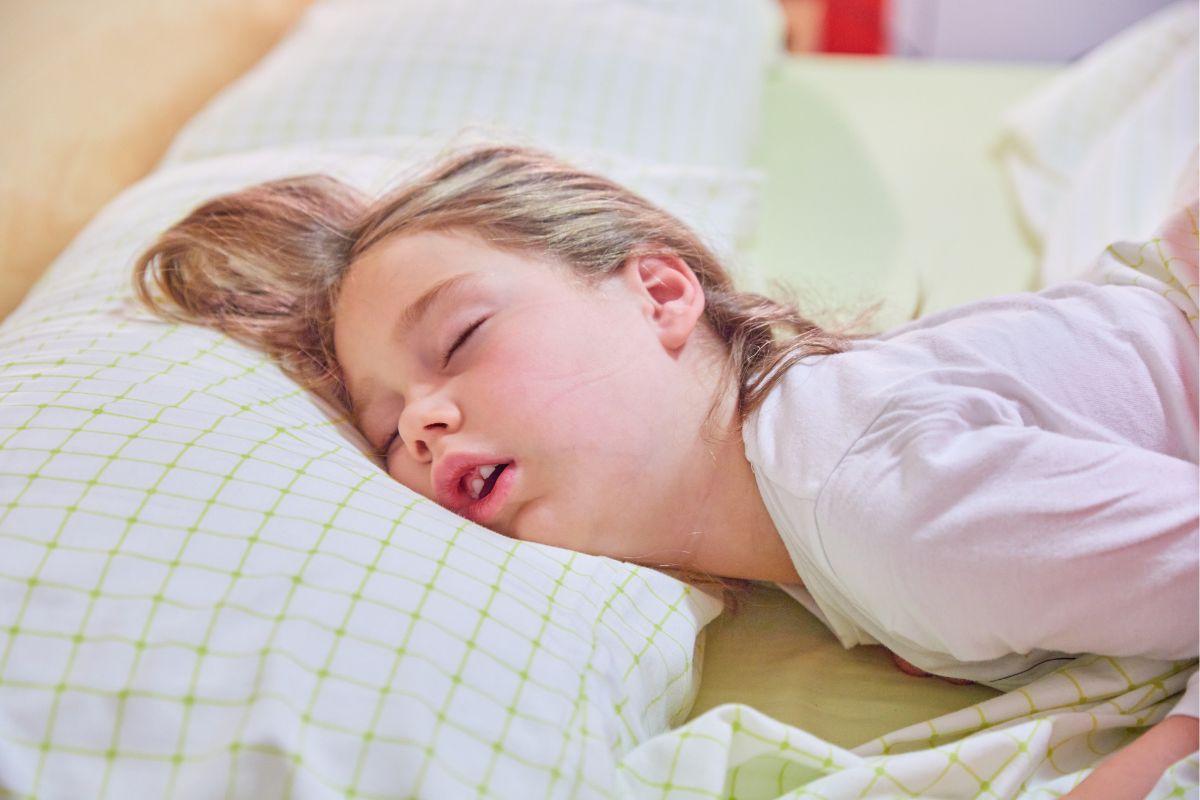Is a Melatonin Sleep Aid Beneficial?
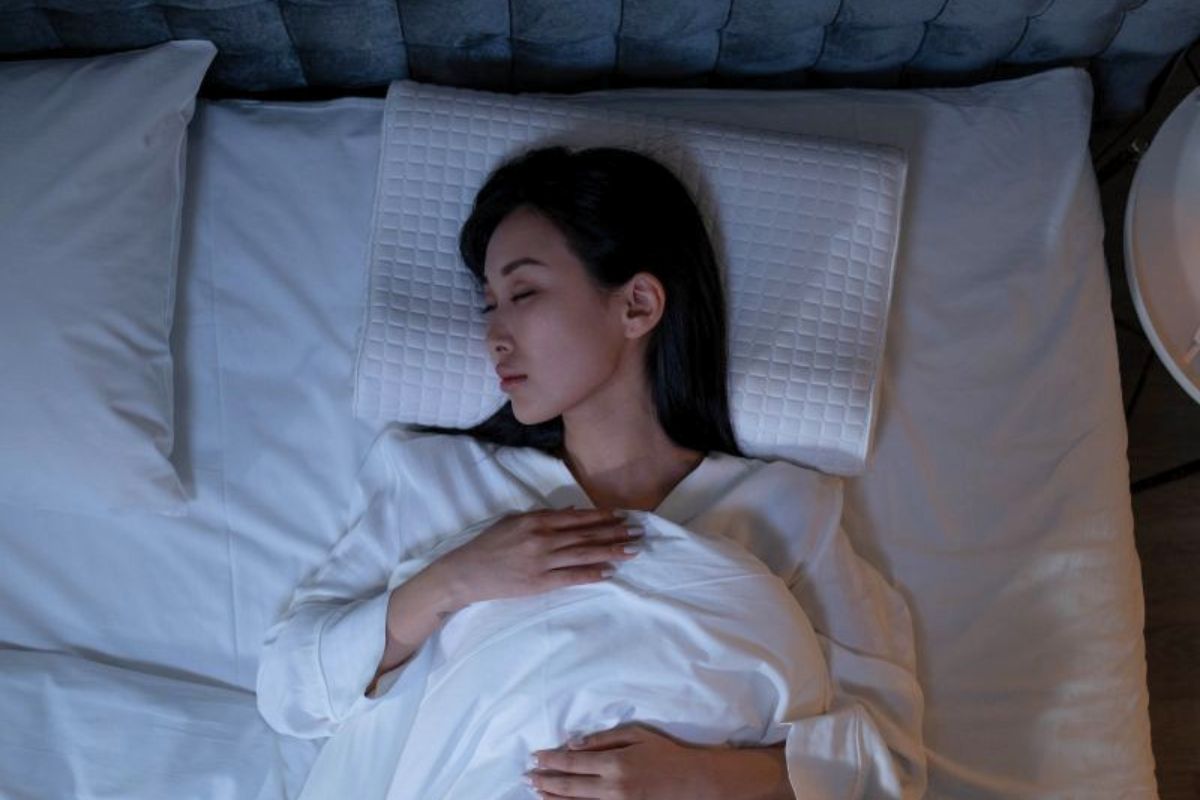
Melatonin sleep aid supplementation is one of the most natural ways to cure insomnia. The curative therapy produces no ill side effects and aids in giving sufferers a nice, restful night’s sleep.
Why is melatonin as a sleep aid so beneficial? First, we have to understand a little bit about melatonin and how it works. This hormonal substance is produced in the body at night in accordance with one’s circadian rhythm or body clock. Darkness, then, is what signals the production and release of melatonin in the body.
Normally, the receptors in the eyes translate darkness as the time to send a message, so to speak, to the pineal gland to produce and secrete melatonin. The release of the hormone relaxes the body, causing one to become drowsy and ultimately fall asleep. That’s why a melatonin sleep aid can benefit anybody who has trouble getting to sleep. It restores one’s circadian rhythm or body clock in a natural, reliable way.
Melatonin sleep aids are offered in pill form as well as in foods such as long root vegetables or certain kinds of rice, where melatonin occurs naturally. Therefore, regardless of its form, it is far more satisfactory in getting the results you need than using a prescription sedative for the same reason.
Prescription sleep aids vs melatonin
Prescription sleep aids can be addictive while using melatonin as a sleep aid can provide the kind of results over time where there is no further reliance on the substance.
If one institutes certain behavioral changes and incorporates melatonin supplementation as part of their therapy, they can reap a positive cure in approximately three months’ time. This is possible, by making the following modifications.
How to make Melatonin sleep aid work efficiently
Keep your room dark
Since melatonin is naturally produced in the dark, artificial light can cut down on the manufacture of this hormonal substance. Therefore, a melatonin sleep aid will also work more efficiently if you make sure the environment is in sync with your natural body clock or the manufacture of melatonin.

Make exercise a habit
Any of the melatonin sleep aids out there will not be as helpful if you don’t become more active. Exercise in the form, say, of walking or jogging about six hours before bedtime, will assist in giving you a better night’s sleep.
Take a relaxing bath.
Supplementation can further be enhanced by enjoying a relaxing, warm bath before turning in at night. Adding lavender or chamomile, too, helps to soothe tense or sore muscles.
Avoid caffeine or alcohol
Refrain from partaking in any beverages containing alcohol or caffeine for these substances stimulate the nervous system, thereby making it somewhat harder for any melatonin sleep aid to do its job.
Refrain from smoking
Smoking, too, stimulates the nervous system, so it’s better to stop smoking if you don’t want to stay awake.
Sleep in an airy and comfortable room
It’s hard to sleep in a warm, stuffy room. The efficaciousness of melatonin as a sleep aid is increased when your surroundings are soothing.

Read something consoling before you go to bed
It’s hard to sleep in a warm, stuffy room. The efficaciousness of melatonin as a sleep aid is increased when your surroundings are soothing.
Perhaps do it while soaking in the relaxing bath.
Make a practice of reading something, like a meditation, before you (hopefully) fall asleep. Don’t resort to perusing any reading material that could make you anxious. Instead, find a nice, relaxing read, and the melatonin sleep aid you use will easily kick in.
Insomnia can result because of a number of reasons, including worry, uncomfortable or noisy surroundings, or pre-occupation on matters of work. Yet, this habit can be overcome with a little diligence. Following a healthier routine and balancing your work and leisure activities can be very useful in overcoming insomnia.
A melatonin sleep aid, in addition to alterations in behavior, can make you feel more energized and therefore one hundred percent better. It’s a useful therapy for anyone who now suffers from chronic insomnia.


